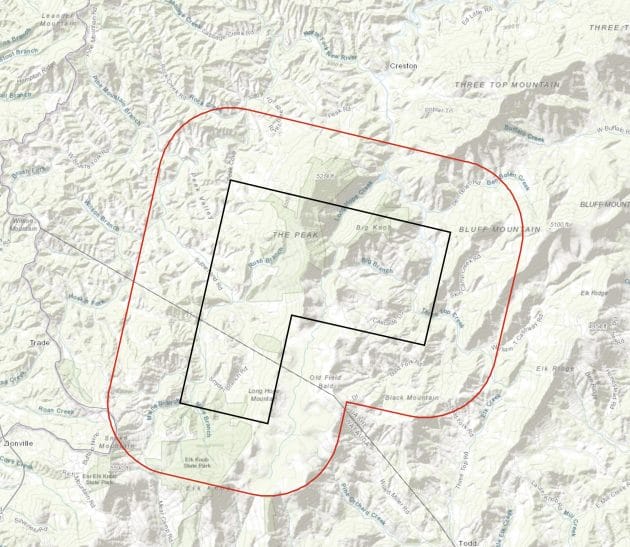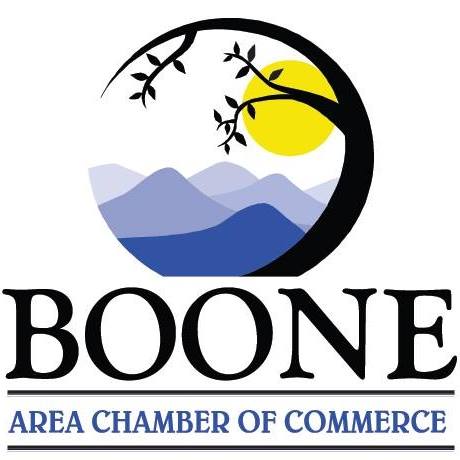Last Updated on March 26, 2022 2:28 pm
The N.C. Department of Agriculture and Consumer Services has started treating for gypsy moth infestations in several areas across North Carolina and a local location will be targeted.
Baldwin Gap, along the line between Watauga and Ashe counties, is among the areas on a recently released list from NCDACS. “We have a total of 11 blocks and 121,638 acres to treat,” said Chis Elder, NCDA&CS Gypsy Moth program manager. “We plan to start around June 2 in Hatteras and spread across to June 18 in Watauga, adding a couple of days to cover possible delays.”
Prior to normal gypsy moth mating periods, low-altitude fixed-wing aircraft will disperse SPLAT Gypsy Moth-Organic infused with the naturally occurring gypsy moth pheromone.
The presence of the pheromone makes male gypsy moths unable to follow the natural pheromone scent trails released by the females.This decreases mating success and reduces the gypsy moth population. The pheromone is not harmful to humans, animals or plants, and it will not affect other insect species.
Gypsy moths feed on the leaves of more than 300 different species of trees and shrubs, predominantly oaks and hardwoods. When areas become heavily infested, trees may be completely stripped of foliage, leaving yard trees and entire forests more susceptible to attacks from other pests. Severe infestations often lead to tree death. Gypsy moth caterpillars can also pose public health concerns for people with respiratory problems. In areas with high-density gypsy moth populations, the caterpillar hairs and droppings may cause severe allergic reactions.
NCDA&CS has addressed spot introductions of the gypsy moth across North Carolina since the 1970s. The treatment will be done in cooperation with the U.S. Department of Agriculture’s Forest Service, Elder said.
Public hearings were held in February and March to discuss these infestations and receive input from residents about treatment options.
Treatment will start around June 2 through June 20. The other areas to be treated include:
- Buxton, on Hatteras Island in Dare County.
- Stovall, in northern Granville and Vance counties.
- North of Roxboro in Person County.
- A large area in Surry, Stokes and Rockingham counties, including Mount Airy, Pilot Mountain, Danbury, Walnut Cove, Madison, Mayodan, and Eden.
Ashe and Watauga County, West Jefferson/Elk Knob area
NC_Baldwin_Gap_1: This 6,876 acre proposed treatment block in Ashe and Watauga County lies approximately 8 miles west of Jefferson, NC. The North Fork of the New River passes through the southwestern corner of this block, and Three Top Creek passes through the northeastern corner. A large part of Elk Knob State Park lies inside this block. No major roads enter this block, though NC Highway 88 is within a mile to its west. Sunderland Road enters the west side, and Three Top Road enters its east side. The terrain in the block is very mountainous, with Big Knob and Elk Knob being the main features. The area is wooded, with a small amount of open farmland in the valleys. There are approximately 227 houses and other structures in this block. In 2016 and 2017, numerous traps captured 1-4 male moths apiece, indicating a low-level population is getting established in this area. One application of mating disruption is proposed for this block.
For more information, including maps and a description of the proposed treatment area, go to www.ncagr.com/gypsymoth or contact NCDA&CS toll free at 800-206-9333. More immediate updates, including spray start dates, will be posted on Twitter at www.twitter.com/NCAgriculture.

















